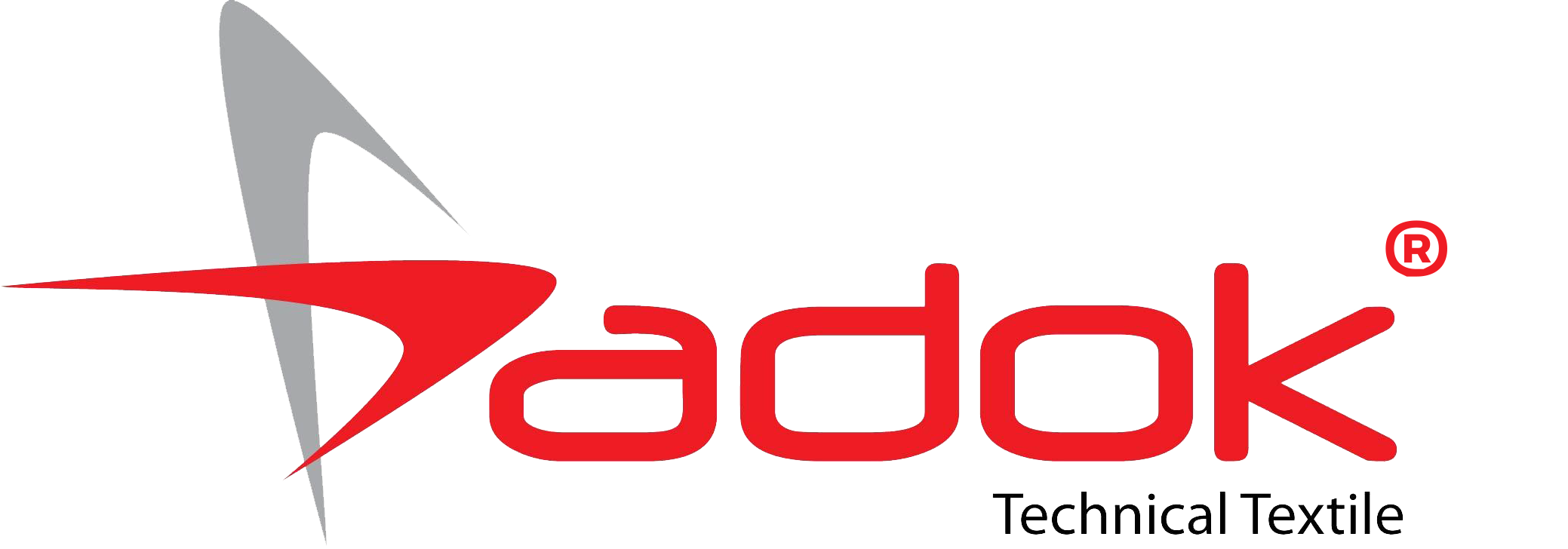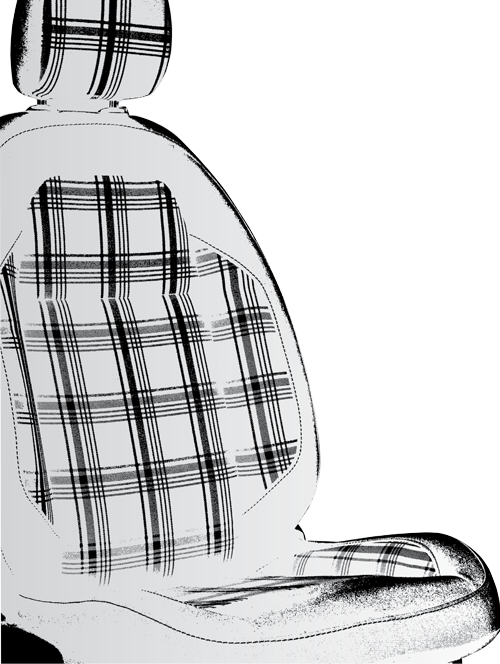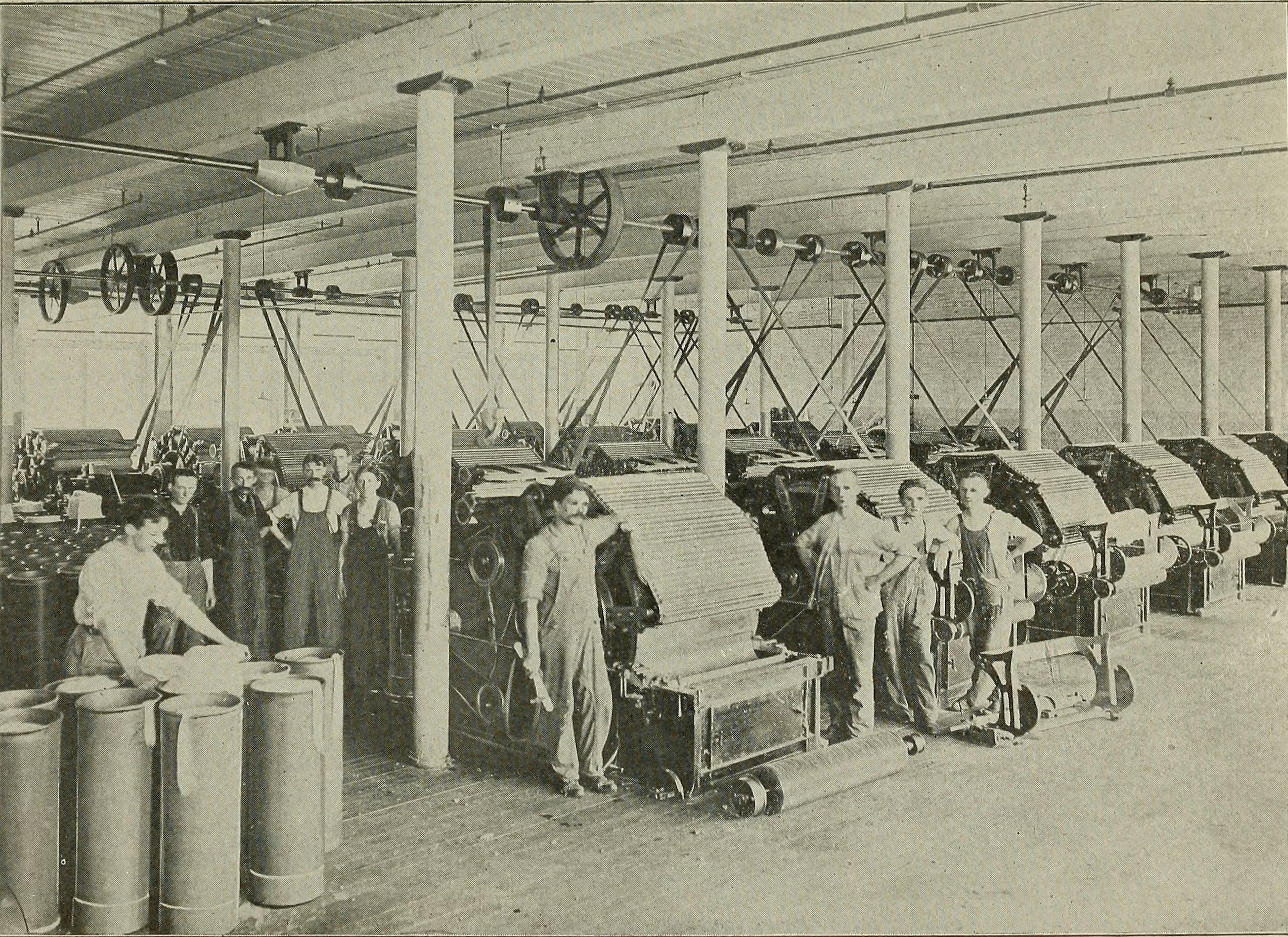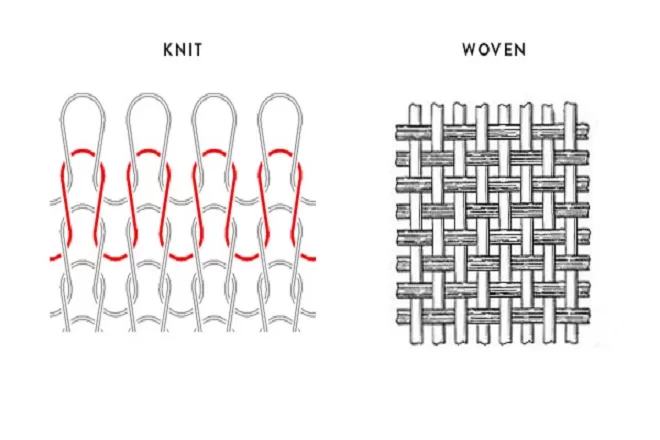Auto Upholstery Fabric
Auto Upholstery FabricAuto Upholstery Fabric
Fabric weaving is the process of creating a fabric by interlacing two sets of threads
Auto Upholstery Vinyl
Auto Upholstery VinylAuto Upholstery Vinyl
Artificial leather, also known as faux leather or synthetic leather,
Car Seats Covers
Car Seats CoversCar Seats Covers
Car seat covers are protective coverings designed to be placed over the seats of a vehicle to protect them from wear and tear,
Knitted Fabrics
Knitted FabricsKnitted Fabrics
Knitted Fabric
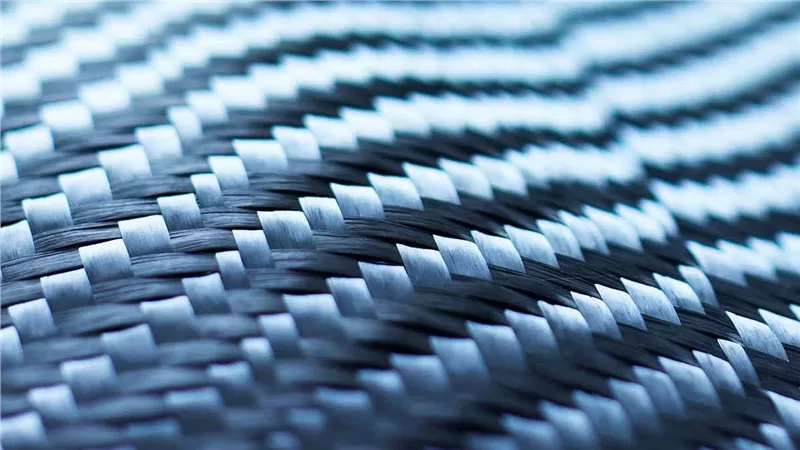
Technical textile
Technical textiles are specialized textiles designed and manufactured for their functional performance rather than their aesthetic or decorative characteristics. These textiles are engineered to provide specific functionalities, and they find applications in various industries beyond traditional apparel and home textiles. Here are some key aspects of technical textiles:
- Categories of Technical Textiles:
- Agrotech: Textiles used in agriculture, including crop protection textiles, shade nets, and geotextiles.
- Buildtech (Construction Textiles): Textiles used in construction applications, such as geotextiles, construction membranes, and scaffolding nets.
- Clothtech (Clothing Textiles): Technical textiles used in specialized clothing, such as protective clothing, sportswear, and smart textiles.
- Geotech: Geotextiles and geomembranes used for soil stabilization, erosion control, and environmental protection.
- Hometech (Home Textiles): Technical textiles used in home applications, including mattress protectors, filtration materials, and flame-resistant textiles.
- Indutech (Industrial Textiles): Textiles used in industrial applications, such as conveyor belts, filtration fabrics, and insulation materials.
- Medtech: Technical textiles used in medical applications, including wound dressings, surgical textiles, and implantable textiles.
- Mobiltech (Mobility Textiles): Textiles used in transportation applications, such as airbags, seat belts, and automotive interior fabrics.
- Oekotech (Environmental Protection Textiles): Textiles used for environmental protection, including oil spill containment booms and water purification textiles.
- Packtech (Packaging Textiles): Textiles used in packaging applications, such as bulk container liners, flexible intermediate bulk containers (FIBC), and protective packaging.
- Protech (Protective Textiles): Textiles designed for protective purposes, including ballistic-resistant fabrics, flame-resistant textiles, and chemical protective clothing.
- Sportech (Sports Textiles): Textiles designed for sports and outdoor activities, such as sportswear, outdoor gear, and sports equipment.
- Characteristics of Technical Textiles:
- High Strength and Durability: Technical textiles are often engineered to be strong and durable to withstand specific environmental conditions.
- Resistance to Environmental Factors: Many technical textiles exhibit resistance to factors such as UV radiation, moisture, and chemicals.
- Specialized Coatings and Finishes: Technical textiles may be treated with coatings or finishes to enhance their performance, such as water repellency, flame resistance, or antimicrobial properties.
- Functionality: Technical textiles are designed with specific functionalities, such as heat insulation, sound absorption, or electrical conductivity.
- Applications and Industries:
- Technical textiles find applications in a wide range of industries, including agriculture, construction, healthcare, automotive, aerospace, environmental protection, and more.
- These textiles contribute to improved efficiency, safety, and performance in various products and processes.
- Innovation in Technical Textiles:
- Ongoing research and development in areas such as nanotechnology, smart textiles, and advanced manufacturing techniques contribute to the continuous innovation in technical textiles.
- Regulatory Standards:
- Compliance with regulatory standards and certifications is crucial for technical textiles, especially in industries where safety and performance are paramount.
Technical textiles play a critical role in addressing specific challenges and requirements across diverse industries, contributing to advancements in technology and the overall quality of products and services.
